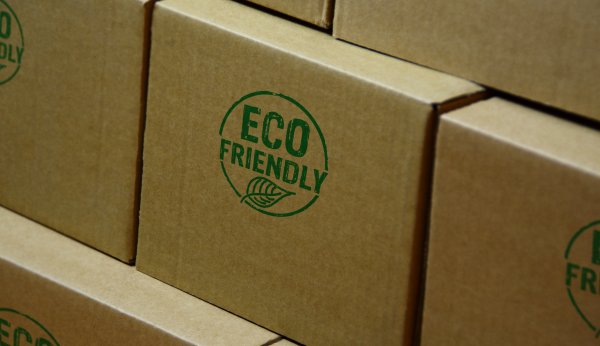
Both industry and consumers are increasingly recognizing the role and importance of ecosystem services, as evidenced by groups like the Ecosystem Services Market Consortium (ESMC). The ESMC is a collaboration of private companies, NGOs, and researchers working to launch a national scale, agriculture-based ecosystem services market by 2022. This service will allow farmers and ranchers to sell verified ecosystem service credits to buyers who want to A.) reduce their environmental and supply chain impacts and B.) realize a competitive advantage and/or premium from marketing this reduction.
Efforts by those like the ESMC represent industry-scale mechanisms to account for, exchange, and market agriculture-based ecosystem services. These credit trading schemes, however, miss a consumer-scale opportunity to market ecosystem services (an opportunity that is also more readily accessible to small producers, who represent 89% of US farms and 52% of US farmland operated). In short, agricultural producers have the unique opportunity to market their ecosystem services directly to their consumers on a product-level, being potential suppliers of both the ecosystem service as well as the agricultural products resulting from their management practices.
This project will analyze the potential of marketing agricultural-based carbon sequestration and greenhouse gas (GHG) emission footprints as a product attribute. The research will be interdisciplinary, involving faculty from multiple colleges within Penn State, as well as collaborations with the USDA’s Pasture Systems & Watershed Management Research Unit (PSWMRU) and Penn State Extension. The project will involve the application of PSWMRUS’s Integrated Farm System Model (IFSM) to simulate the soil carbon sequestration and GHG emission implications of two production systems for beef: conventional and pasture-based. The results from these models will then be compared through a consumer willingness to pay analysis, which will assess the efficacy and value of marketing the presence of ecosystem services and the GHG footprints associated with beef produced from these two production systems.
The proposed research falls within the IEE Seed Grant’s cross-cutting topic of negative carbon emissions, as it seeks to elevate the marketing potential of natural solutions and agricultural production systems that realize this end. The project advances the prioritized theme of climate and ecosystem change, resulting in innovative and novel research concerning food consumers’ role and potential in climate change mitigation. The final report will include a technical and economic assessment of marketing ecosystem services and GHG footprints as a product attribute, as well as an overview of Extension programming opportunities from this project.



